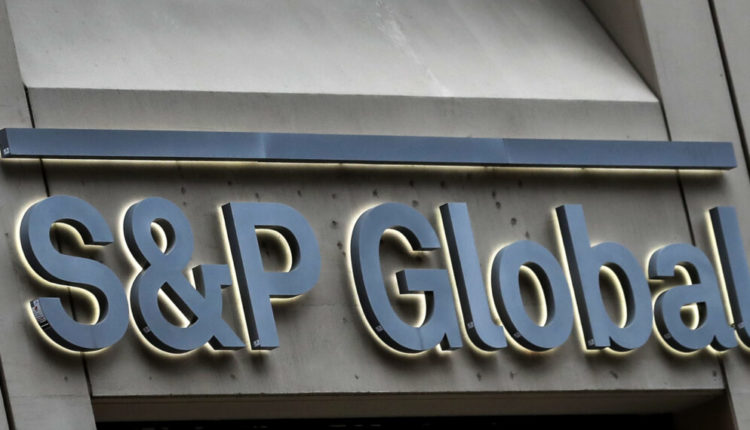The S&P Global Ghana Purchasing Managers Index (PMI) which gauges the rate of inventory accumulation by managers of private sector firms and measures dynamics in economic activity, improved marginally in April 2022.
Recent data show that the S&P Global Ghana PMI increased to 48.3 in April 2022, from 47.2 in the previous month. The latest reading pointed to a third consecutive month of contraction across the country’s private sector, but at a slower pace and modest overall.
This is because, despite the marginal rise in April, the reading was still below 50, depicting that private sector is yet to pick up to ideal levels or better still, remains in a contraction.
“There were softer reductions in both output and new orders while employment continued to expand. More positively, delivery times improved at a near-record rate, which helped underpin a renewed uptick in buying activity. On the price front, inflationary pressures intensified, weighed up by geopolitical tensions, rising material prices and global shortages” part of the report reads.
Overall, input price inflation quickened to the highest levels since September 2014, while output charges were raised at a marked pace. Looking ahead, business confidence rebounded to the highest for three months, S&P Global stated.
During the surveys, S&P Global stated that firms reported hopes for new client wins, an end to international COVID-19 restrictions, and an improvement in demand.
Contraction
The S&P Global Ghana PMI decreased to 47.2 in March 2022, from 49.6 in the previous month. That was the second successive deterioration in business conditions in Ghana’s private sector this year.
In March 2022, new orders fell for the first time in seven months and output declined sharply but staffing levels grew while wages were raised at the quickest rate for eight months. Also, weak demand led Ghanaian companies to hold back on purchasing activity for the second month running in March.
On the price front, in line with rising cost burdens, firms raised their selling charges at the quickest rate for seven-and-a-half years. Also, business confidence dipped to a nine-month low, as steep cost pressures led some firms to reduce their output expectations.
Ghana’s PMI decreased to 49.6 in February of 2022, from 50.8 in January, signaling the first deterioration in business conditions in the private sector for six months, albeit one that was only marginal overall.
Output declined and new orders growth slowed, as customer demand faltered amid price rises. At the same time, purchasing activity fell for the first in seven months, while stocks of inputs were down for the third month running.
Some respondents indicated that inventories were sufficient given weaker new order growth in February. On a more positive note, employment increased at a solid and accelerated pace. Meanwhile, suppliers’ delivery times shortened as vendors made efforts to get jobs finished, while prompt payments also helped to speed up deliveries.
Even though the PMI decreased to 50.8 in January 2022, from 51.8 in December, it still signaled an improvement in business conditions at the start of the year. But businesses at that time, expressed optimism regarding new orders.
However, from February to April, Ghana’s private sector showed a deterioration in business conditions, signaling a slower-than-expected rebound in the economy this year.
The Ghana Purchasing Managers’ Index is based on data compiled from monthly replies to questionnaires sent to purchasing executives in approximately 400 private sector companies, which have been carefully selected to accurately represent the true structure of the Ghanaian economy, including agriculture, construction, industry, services and wholesale & retail.


Comments are closed.